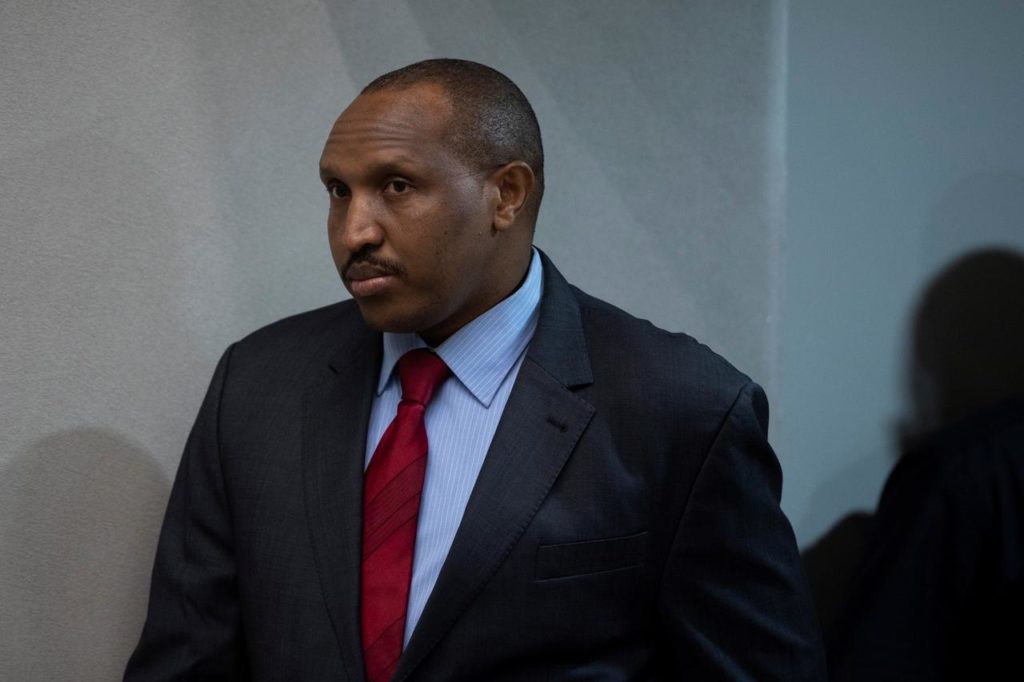War Crimes Judges Sentence Congolese Warlord Ntaganda To 30 Years In Prison
Nov 7, 2019 | Pratirodh Bureau
Congolese militia commander Bosco Ntaganda enters the courtroom of the International Criminal Court (ICC) in The Hague, Netherlands on November 7, 2019
The International Criminal Court (ICC) sentenced former Congolese military leader Bosco Ntaganda on Thursday to 30 years in prison for atrocities including murder, rape and conscripting child soldiers.
Ntaganda, 46, was found guilty in July on 18 charges of war crimes and crimes against humanity for acts committed when he was military operations chief for the Union of Congolese Patriots (UPC) militia in eastern Democratic Republic of Congo in 2002-2003.
At Thursday’s sentencing, Judge Robert Fremr said there were no real mitigating circumstances and issued the 30-year sentence, the longest handed down by the Hague court to date.
“The crimes for which Mr. Ntaganda has been convicted, despite their gravity and his degree of culpability, do not warrant a sentence of life in prison,” Fremr said.
Ntaganda, in a dark suit, listened intently to the judges during the ruling. He is already appealing his conviction.
In the conflict in Congo, Ntaganda’s UPC, dominated by the Hema clan, targeted rival Lendu people for expulsion from the mineral-rich Ituri region. Hundreds of civilians were killed and many thousands were forced to flee.
During the sentencing, Fremr remarked that Ntaganda was not only guilty of persecution as a crime against humanity, but that he had also personally murdered a Catholic priest, setting an example for his soldiers to follow.
The list of crimes on Ntaganda’s charge sheet included conscription of child soldiers, as well as rape and sexual enslavement of both civilians and child soldiers, including two girls under 15 years old and one aged just 9.
Prosecutors had asked for a 30-year sentence and representatives of some of his victims in court insisted he should get a life sentence.
The ICC is an international court set up in 2002 to prosecute war crimes and crimes against humanity when member states are unable or unwilling to do so.
Ntaganda’s boss, UPC leader Thomas Lubanga, is serving a 14-year prison sentence after his conviction at the ICC on charges of conscripting and using child soldiers.
An ICC warrant for Ntaganda’s arrest was first issued in 2006, and he turned himself in at the U.S. Embassy in neighbouring Rwanda in 2013, apparently having fled Congo due to infighting among military groups.
